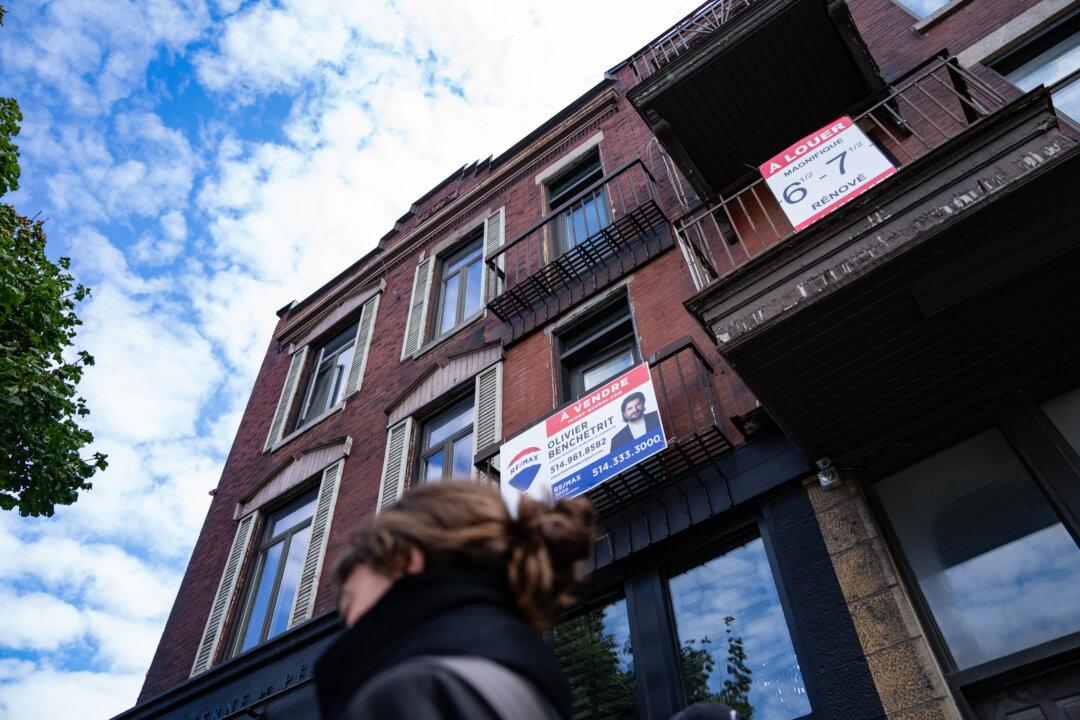After reaching an all-time high in May, the average rent in Canada fell in October to its lowest level in 12 months, marking the first year-on-year decline since the pandemic, according to a new report.
Average prices, however, remain at their highest levels since they began rising three years ago.





